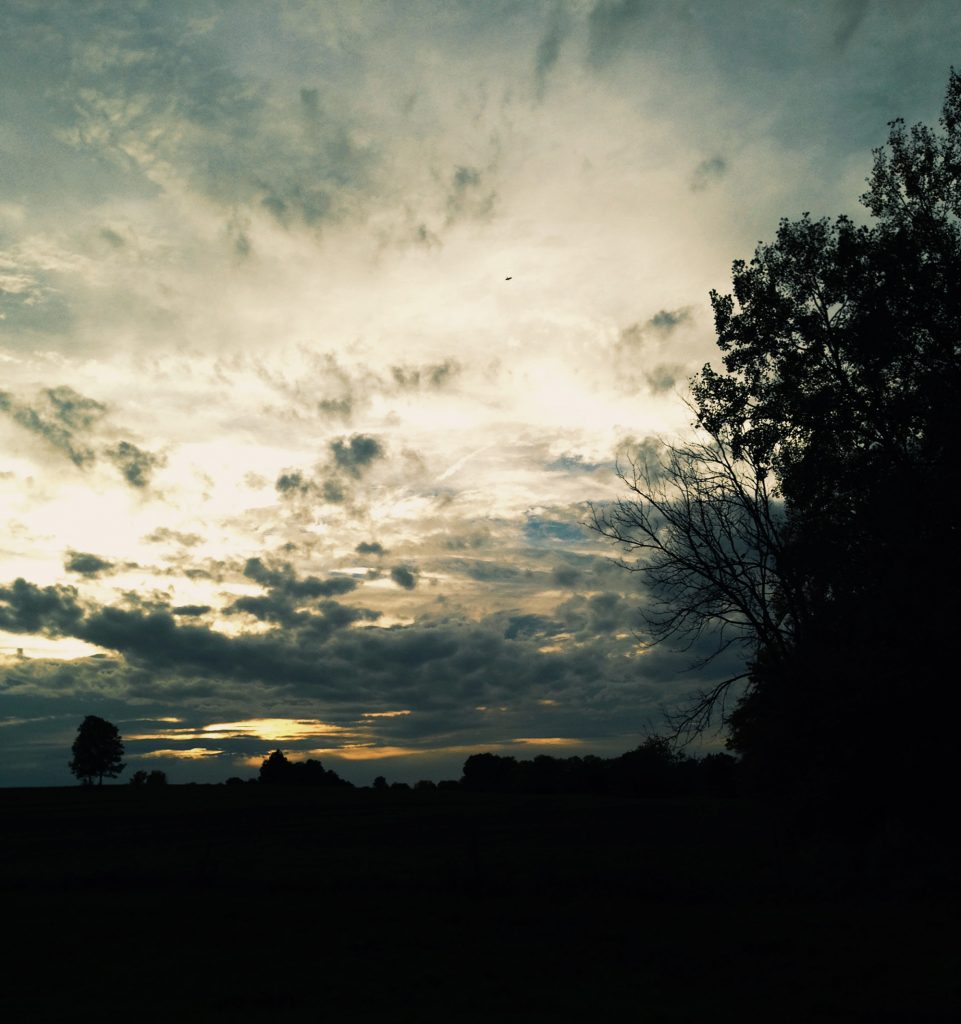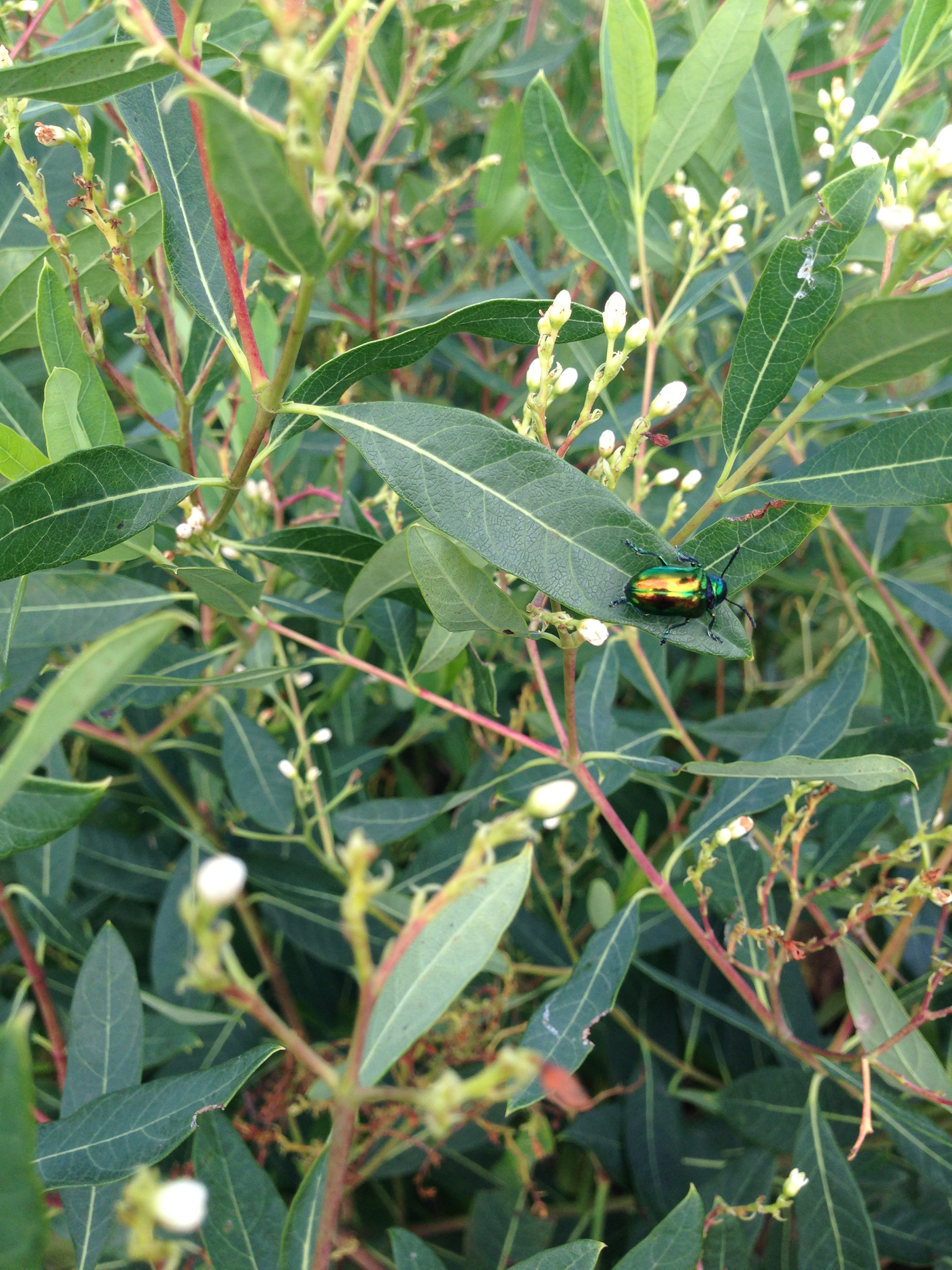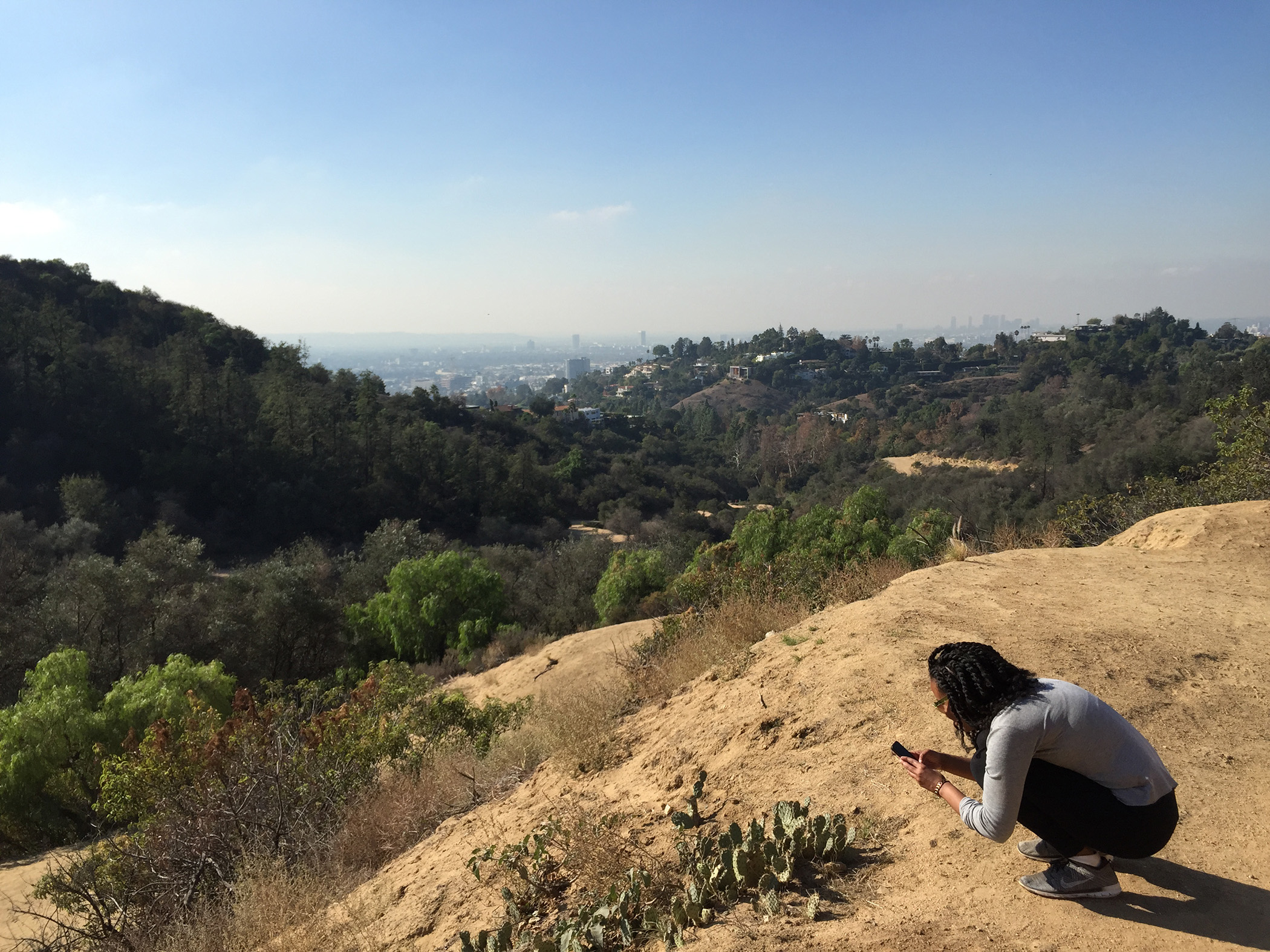Outdoorsy and black

The solstice has come and gone, which means it’s officially summer. People are parading to beaches in droves. Gardens are filling in. National parks are being crossed off bucket lists. I don’t have any imminent plans for specifically outdoorsy travel, but it’s always on my mind. There are dozens (if not hundreds) of rivers and canyons and mountains and deserts that I want to experience. My hope is that there’s enough time (and grit and money) to ensure I see them all, and it’s always my hope that having visited these places, I’ll leave with a deeper understanding of the land, myself, and the people who came before me.
I often think about how love of the outdoors is typically represented in the mainstream. Sometimes it’s about getting away and connecting to nature. Often it’s about fitness or extreme adventuring. Very rarely it’s about heritage and cultural sensitivity. Also very rare: depictions of capable, interested people of color spending time outdoors and enjoying it.
I’m a person of color — a woman of color, no less — who loves nature and being in it and learning about it. I don’t usually see a lot of other people who look like me on the trails, or on the catalog pages of outdoor equipment retailers. But I know we exist. Because I exist.

The Code Switch podcast recently did an episode on Being Outdoorsy When You’re Black and Brown, and it was beautiful. They talked to people of color about how and why they get outside. They talked about how many different ways connecting to the outdoors can look and sound and feel, despite the lack of representation and historic barriers of entry. They talked about organizations working to increase access to the outdoors for people of color. It was a dialogue about inclusion, and positivity, and growth. It made me proud to know there were other people out there wanting to have these conversations. And then I looked at the comments.
I’d seen it before, not the exact words, but certainly the anger. “Why is it always about race??” “Can NPR report on something without tying it to skin color??” “How is this a story?? Just go for a hike and relax.” A complete dismissal of the personal accounts, the nuanced reporting, the richness and diversity of experience. I saw this same sort of visceral negativity in the comments in The Guardian’s April feature on Outdoor Afro. I’m consistently amazed at how negative people can be when presented with an idea or experience they’re unfamiliar with. There’s so much I don’t know or understand about the world around me, but I try my best to keep an open mind and acknowledge when I’m coming at something from a position of privilege. It seems like something as earnest and crunchy as talking about building community in nature wouldn’t become a battleground for statistics and claims of race baiting. But now we discover that no topic is safe.

My impulse is to run away. To take a break. To take a hike. To go outside and water my garden. And I suppose, in one way, this may be the best way to combat the history that tells me these spaces aren’t for me and the indignant commenters that tell me my experience has no merit. Do I want to walk into an outdoor store and see adventurous women on full bleed marketing collateral that look like me? Yes. Do I want to purchase a ticket to an outdoor excursion and know that I’ll be around people who value diversity and new experiences as much as I do? Definitely. Do I want to browse the interpretation plaques in a National Park visitors center and see text acknowledging the displacement of indigenous people and the environmental stewardship efforts pledged by the Park Service? Of course. But I also know change is slow, and the people in place to make the change are usually very hesitant to do so.
The answer may just be to venture out, to go camping and kayaking, to climb mountains, to canyoneer the narrows, to tend our gardens, to acknowledge and protect nature, to create beauty where before there was none. But we should also make sure to continue asking questions, and having conversations, regardless of how uncomfortable they make people feel. The answer may be that in nature, like everywhere else, our presence and our voices are equally important.

